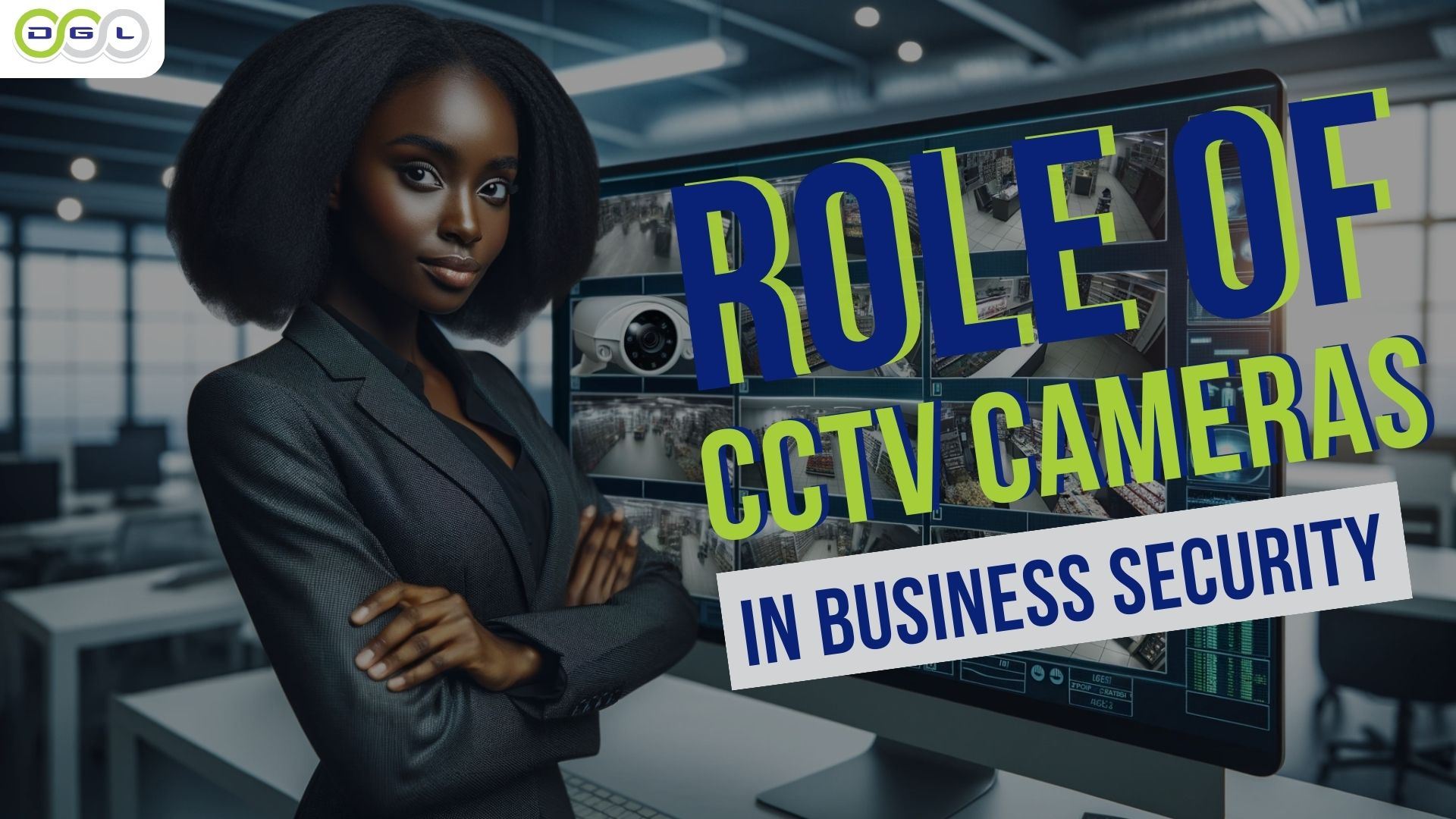Introduction
- Introduction
- Understanding CCTV Technology
- What is CCTV?
- Types of CCTV Cameras
- The Role of CCTV in Crime Prevention
- Deterring Crime
- Monitoring and Surveillance
- Real-Time Monitoring
- Legal and Insurance Benefits
- Enhancing Business Operations
- Monitoring Productivity and Safety
- Privacy and Legal Considerations
- Balancing Surveillance with Privacy
- Implementation Strategies
- Choosing the Right System
- Conclusion
- FAQs
In today’s fast-paced business environment, security is not just a luxury but a necessity. With the advancement in technology, Closed-Circuit Television (CCTV) cameras have emerged as a cornerstone of business security systems. This blog explores how CCTV cameras are integral to enhancing security, preventing crime, and aiding in overall business operations.
Understanding CCTV Technology
What is CCTV?
CCTV (Closed-Circuit Television) is a surveillance technology used for monitoring a variety of environments and activities. It involves the use of video cameras to transmit a signal to a specific, limited set of monitors. Its roots trace back to the 1940s, but it has drastically evolved with advancements like high-resolution cameras, night vision capabilities, and motion detection features.
Types of CCTV Cameras
Businesses can choose from various types of CCTV cameras, including dome, bullet, and PTZ (pan, tilt, and zoom) cameras, each suitable for different surveillance needs. The choice depends on factors like the area of coverage, visibility, and specific security requirements.
The Role of CCTV in Crime Prevention
Deterring Crime
One of the primary benefits of CCTV cameras is their deterrent effect. The presence of cameras can discourage potential criminals, reducing the likelihood of theft, vandalism, and other criminal activities. Studies have shown a significant reduction in crime rates in areas where CCTV cameras are visibly installed.
Monitoring and Surveillance
Real-Time Monitoring
CCTV cameras enable businesses to monitor activities in real-time. This real-time surveillance plays a crucial role in identifying and responding to incidents as they occur. Remote monitoring capabilities also allow business owners to keep an eye on their premises even when they are not physically present.
Legal and Insurance Benefits
CCTV footage is invaluable in legal scenarios, providing evidence in the case of criminal activities or disputes. This footage can also aid in insurance claims, supporting the claims with concrete evidence.
Enhancing Business Operations
Monitoring Productivity and Safety
Apart from security, CCTV cameras can be used to monitor employee productivity and ensure adherence to safety protocols in the workplace. This leads to a more disciplined and productive work environment.
Privacy and Legal Considerations
Balancing Surveillance with Privacy
While CCTV cameras are beneficial, it’s essential to balance surveillance with privacy rights. Businesses must navigate privacy laws, ensuring they are not infringing on individual privacy while maintaining security. It’s important to have clear policies on camera placement and the handling of footage.
Implementation Strategies
Choosing the Right System
Selecting the right CCTV system involves considering factors like camera resolution, storage capacity, and the specific needs of the business premises. Strategic placement of cameras is crucial to maximize coverage and effectiveness.
Conclusion
CCTV cameras play a multifaceted role in business security. From deterring criminal activities to enhancing operational efficiency, they are an indispensable tool in the modern business landscape. As technology continues to evolve, the role of CCTV in business security is set to become even more significant.
FAQs
- Costs of Installing CCTV: The cost varies depending on the type of system, the number of cameras, and installation complexities.
- Legal Compliance: Ensure compliance with local privacy laws and regulations. It’s advisable to consult legal experts.
- Low-Light Functionality: Modern CCTV cameras often come with night vision or low-light functionality.
- Maintenance: Regular maintenance is essential for the longevity and effectiveness of CCTV systems.





